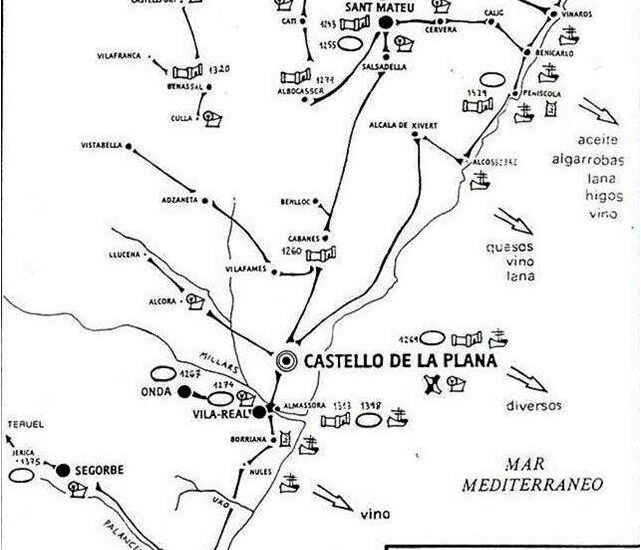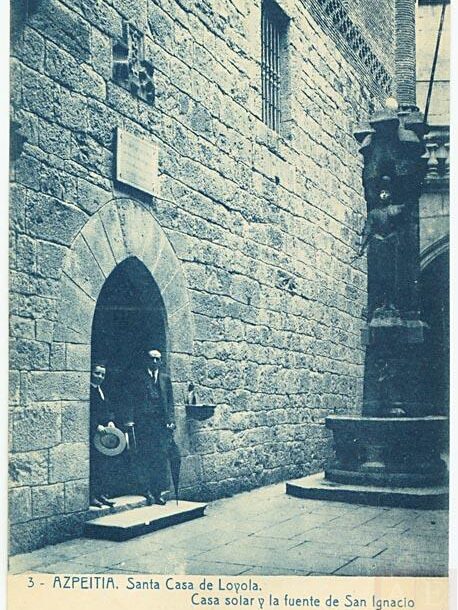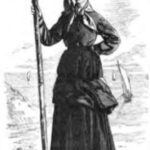The Honourable Council of the Mesta was an institution of medieval origin which, throughout the Modern Age, extended its powers and privileges to the benefit of the herdsmen ahead of the farmers. Thus, a law of 1501 came to determine that all land on which transhumant herds had grazed at least once was reserved in perpetuity for grazing and could not be used for other purposes by the owner. In this context, the document contains legislation by which the Catholic Monarchs allowed shepherds to dispose of unowned livestock without a known owner. The Mesta was abolished in 1836.
Collection: Texts
Project: 2. Social and economic impact of technological revolutions in Europe.
Chronology: XV
Scope: Baccalaureate, University
Link: http://pares.mcu.es/ParesBusquedas20/catalogo/show/6051104
Resource type: Historical source
Format: Unknown
Source: Archivo Histórico Nacional. 1. INSTITUCIONES DEL ANTIGUO RÉGIMEN. 1.2. CORPORACIONES. Fondo Concejo de la Mesta. Serie Privilegios y ordenanzas
Language: Spanish
Date: 27/08/1496
Owner: Álvaro Chaparro Sainz (Modernalia)
Identifier: ES.28079.AHN//DIVERSOS-MESTA,Car.5,N.6
Copyright: © MECD. Archivos Estatales (España)
Abstract: Document in which a Royal Provision granted by the Catholic Monarchs to the Council of the Mesta is preserved, allowing shepherds to dispose of unowned livestock without a known owner
Tags







